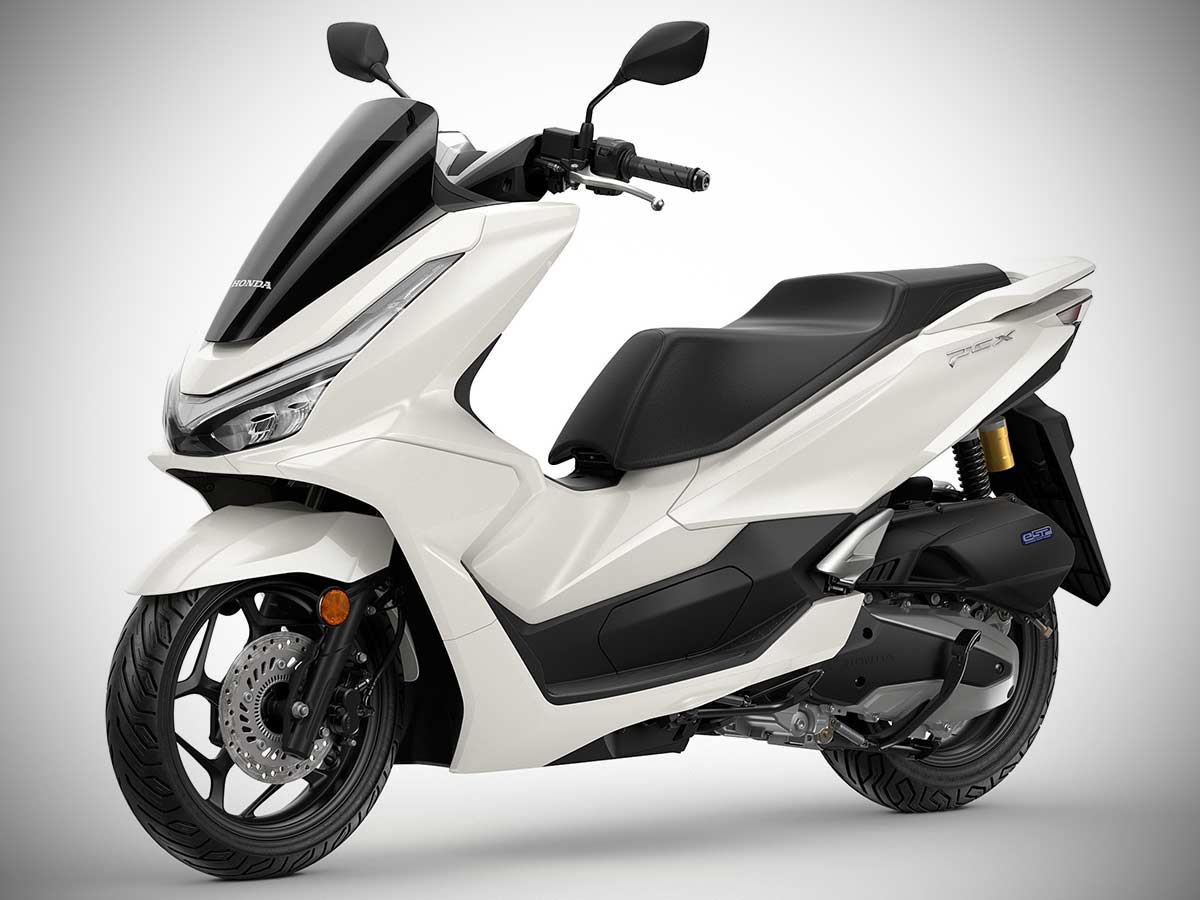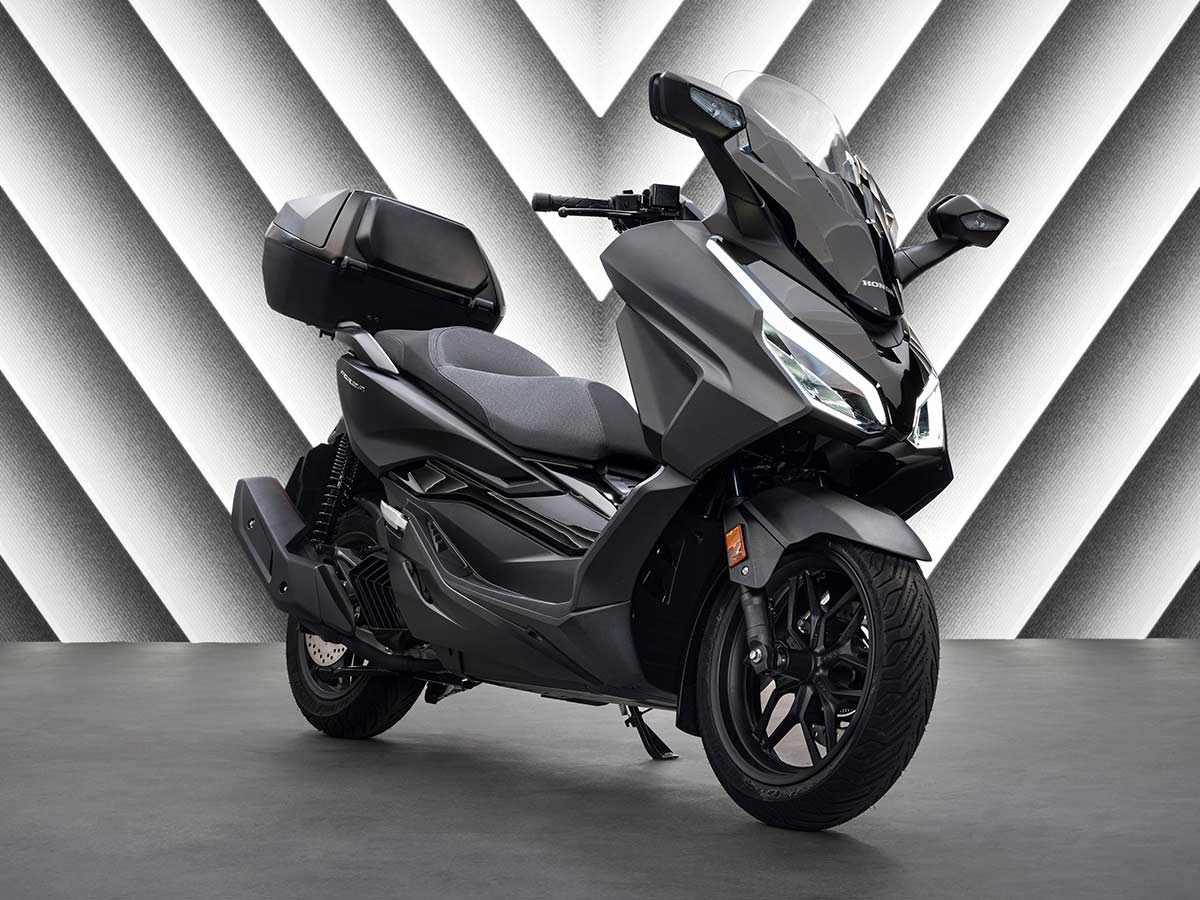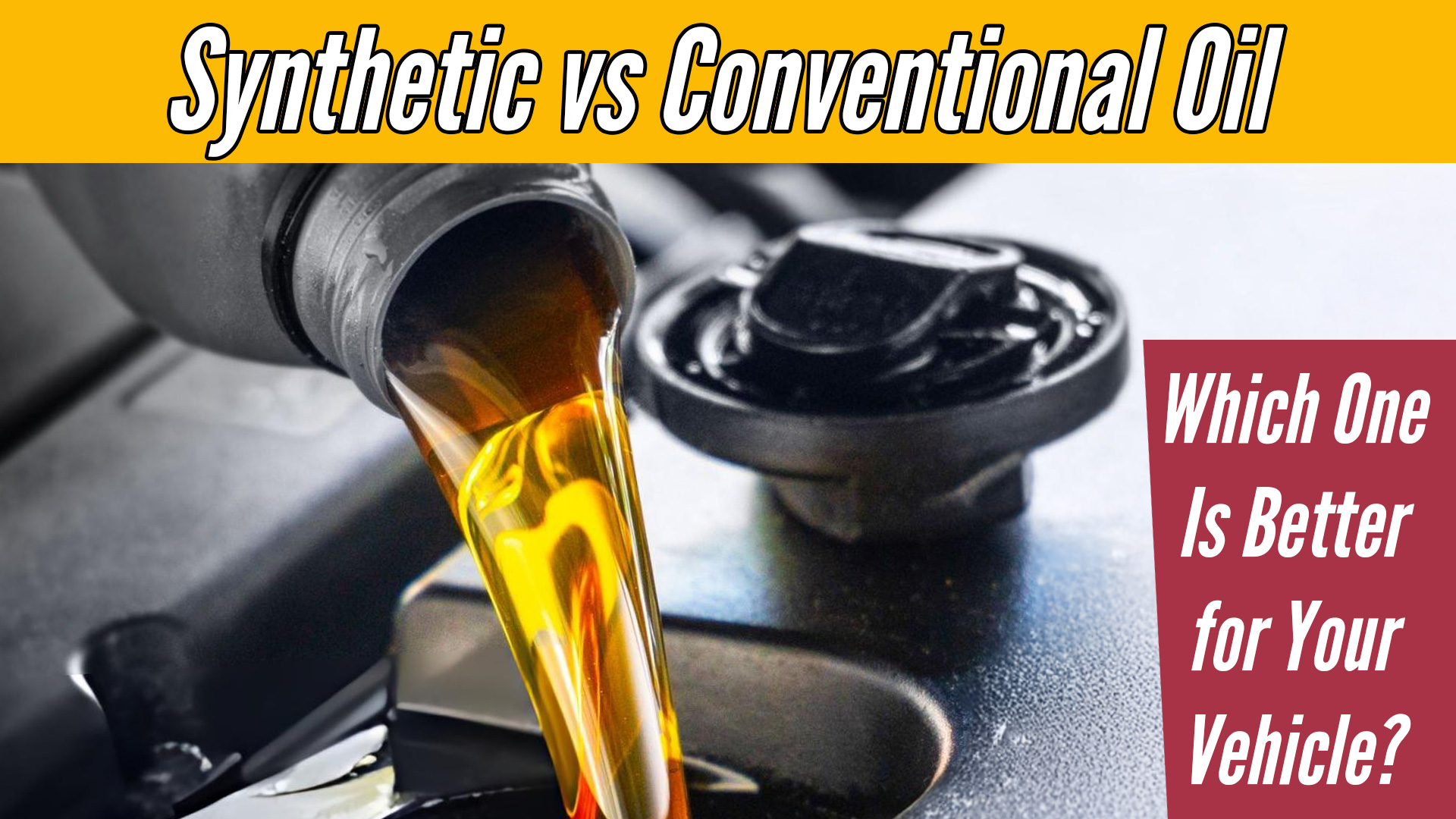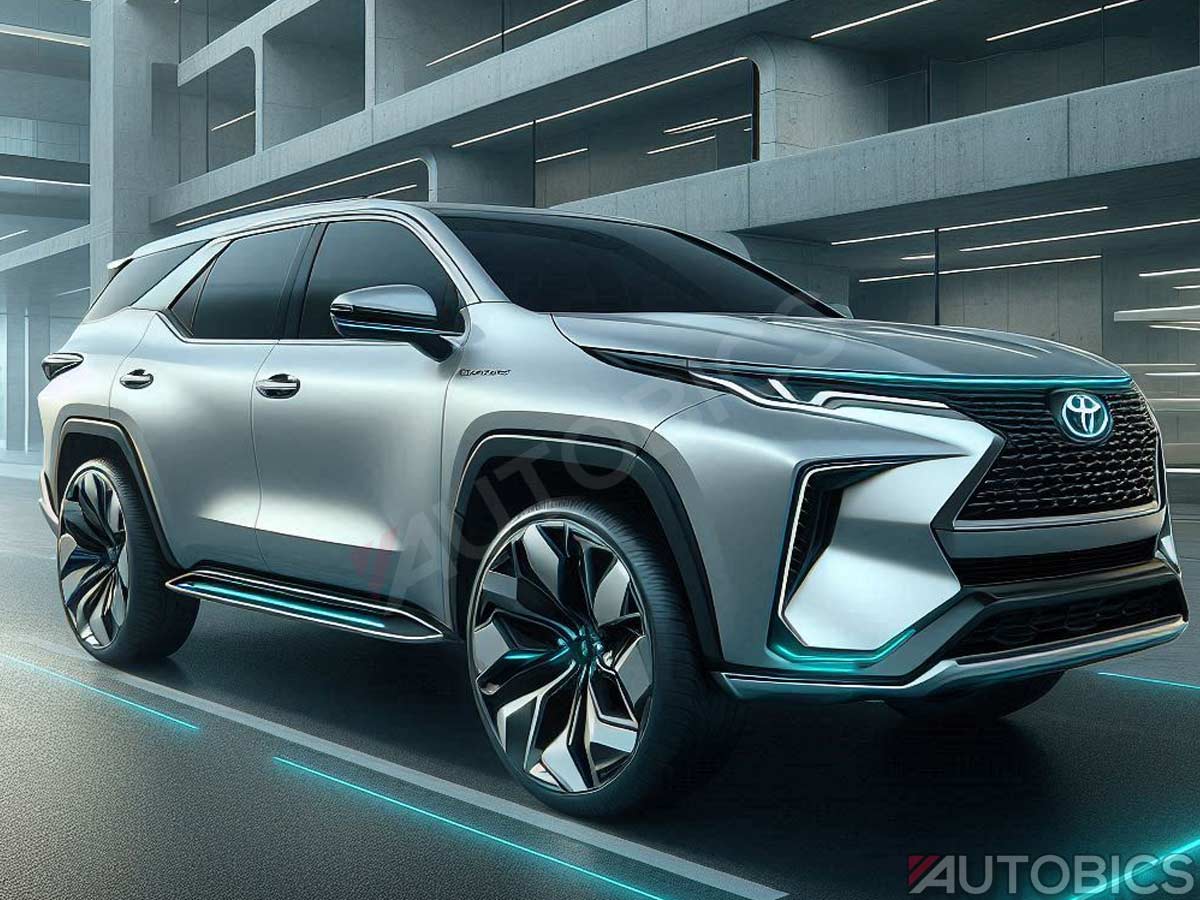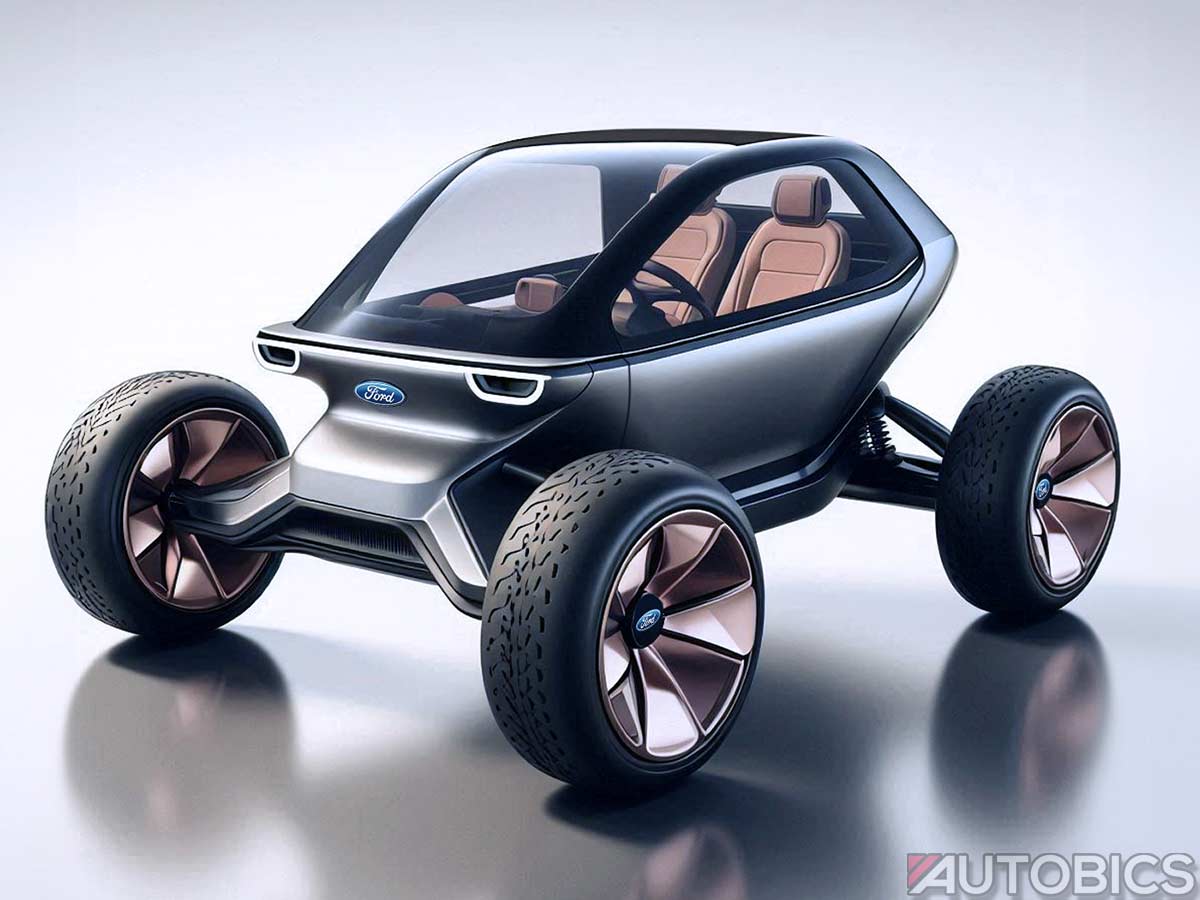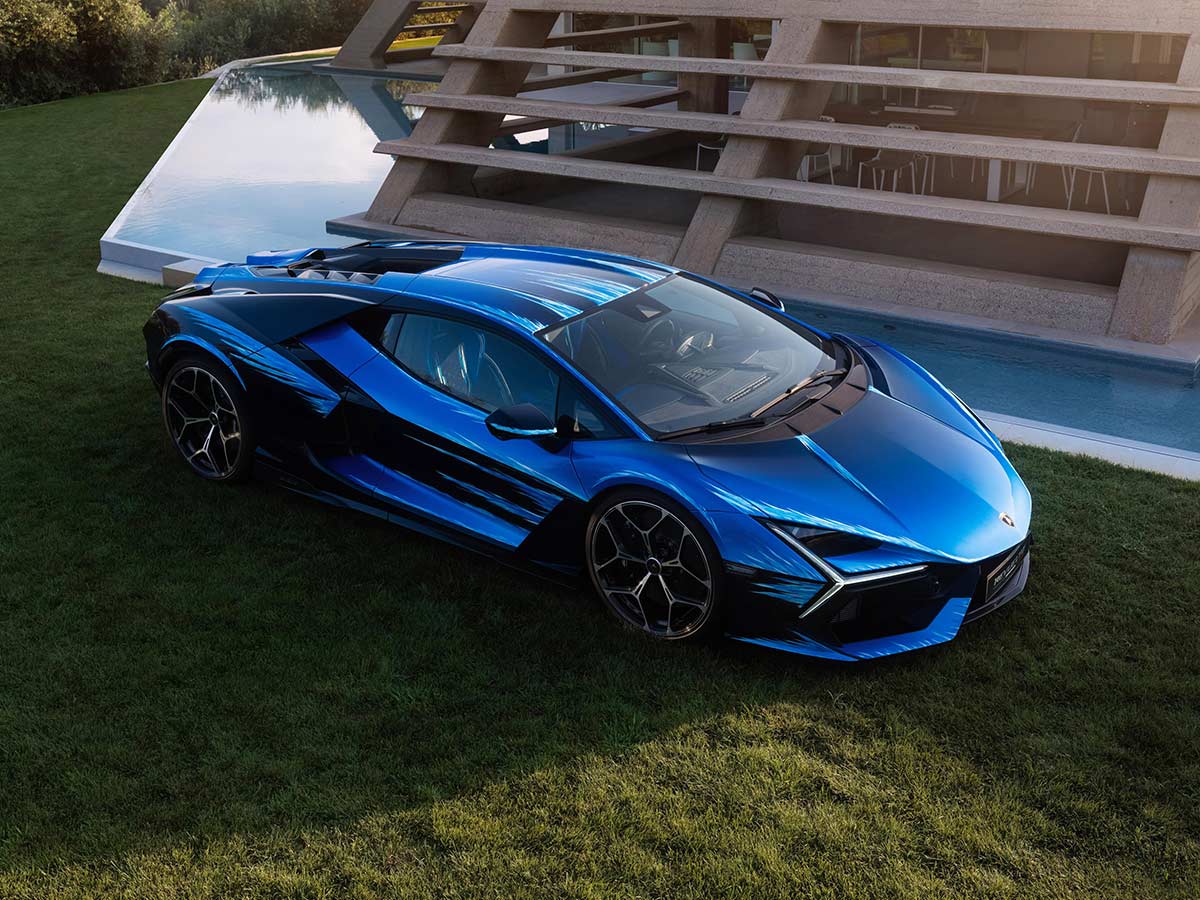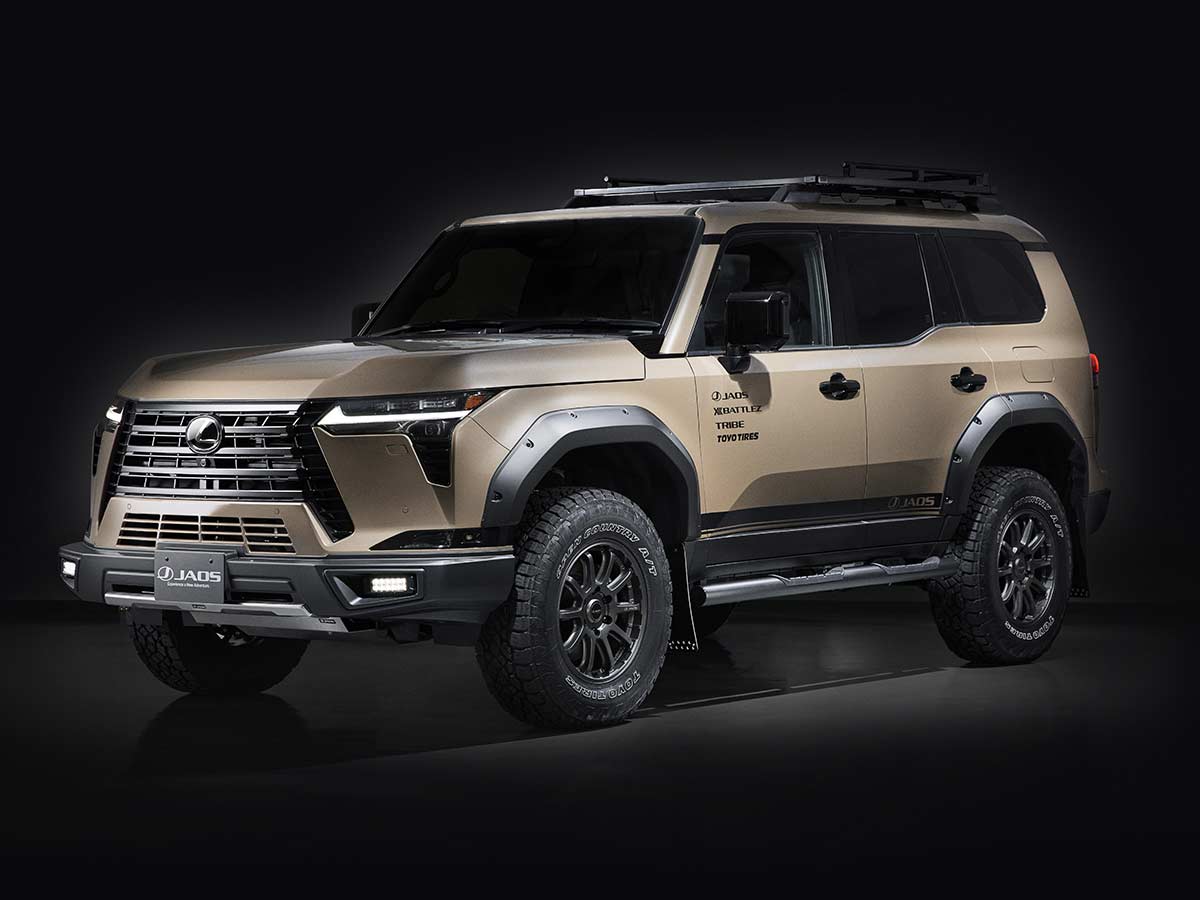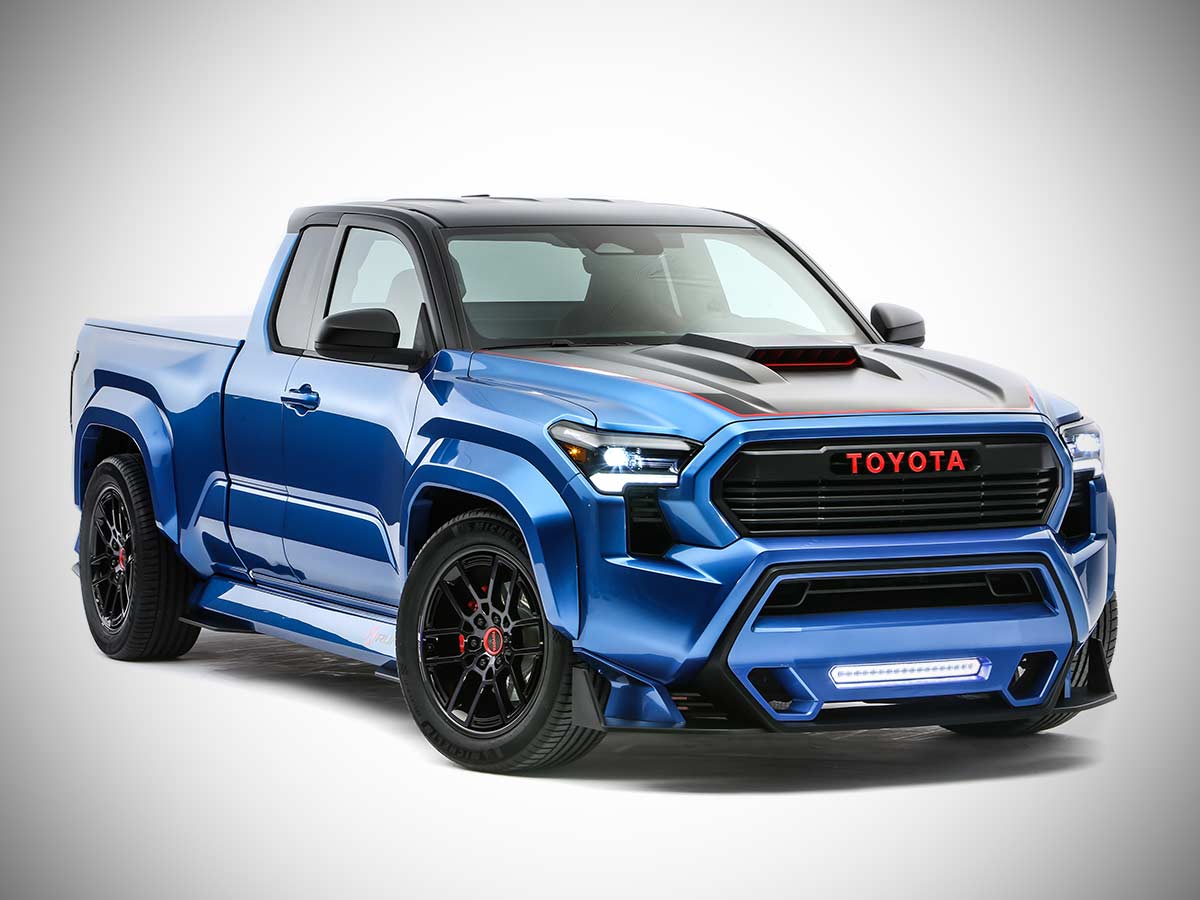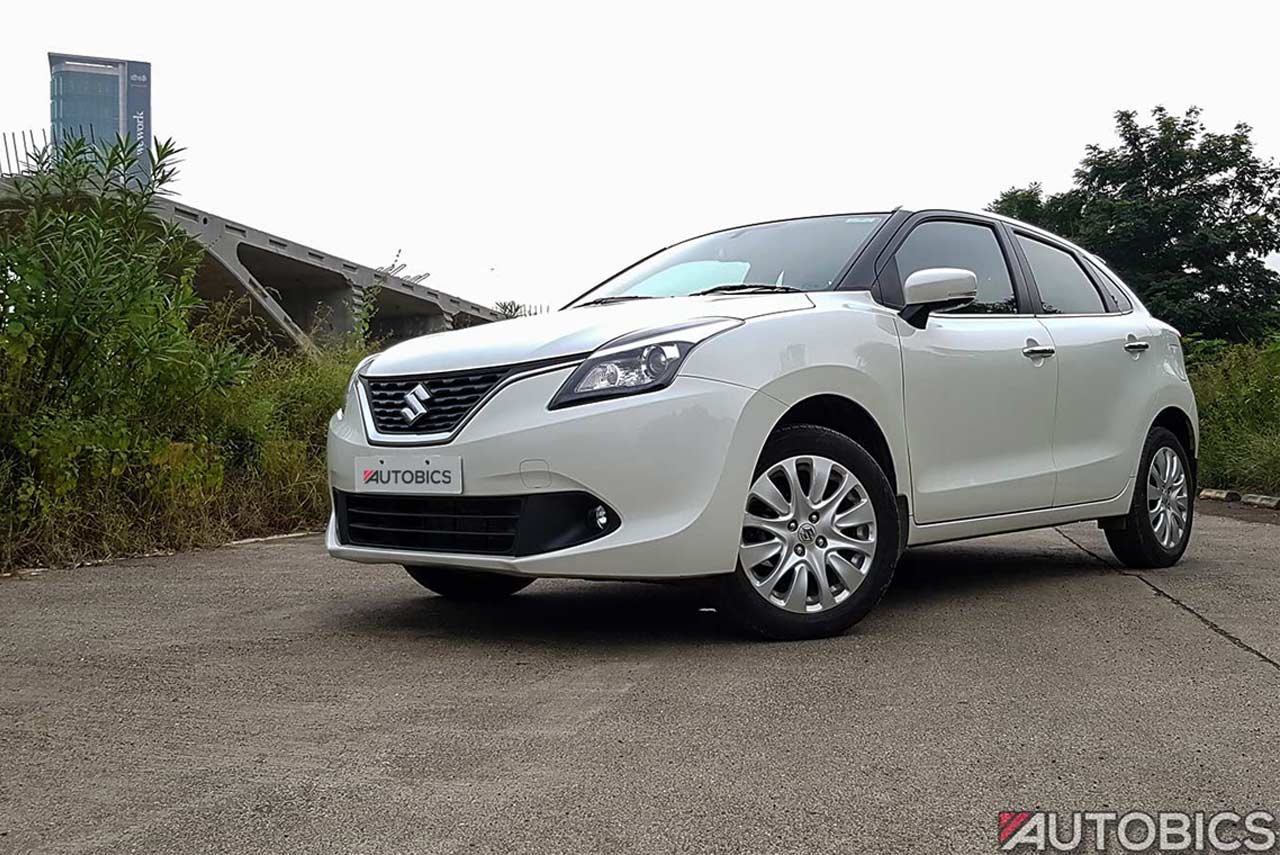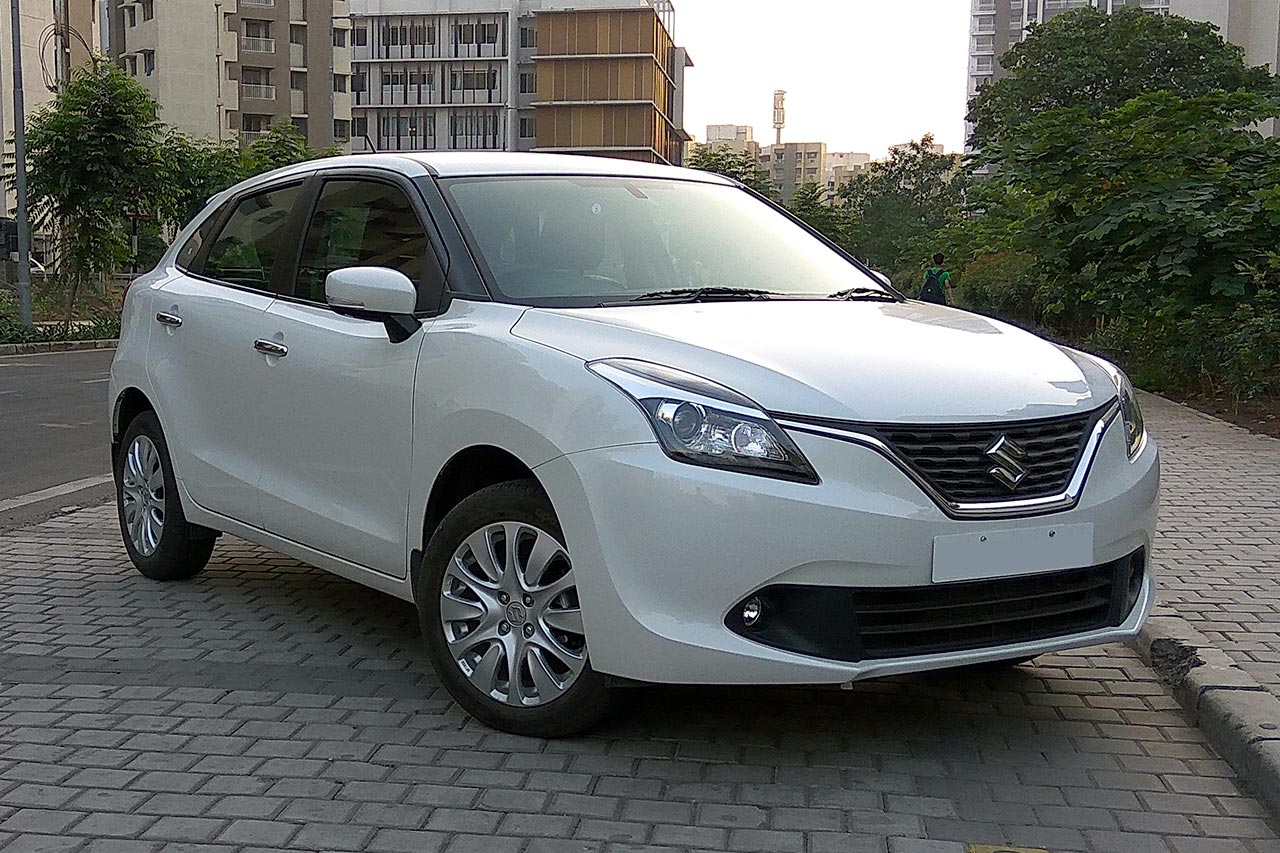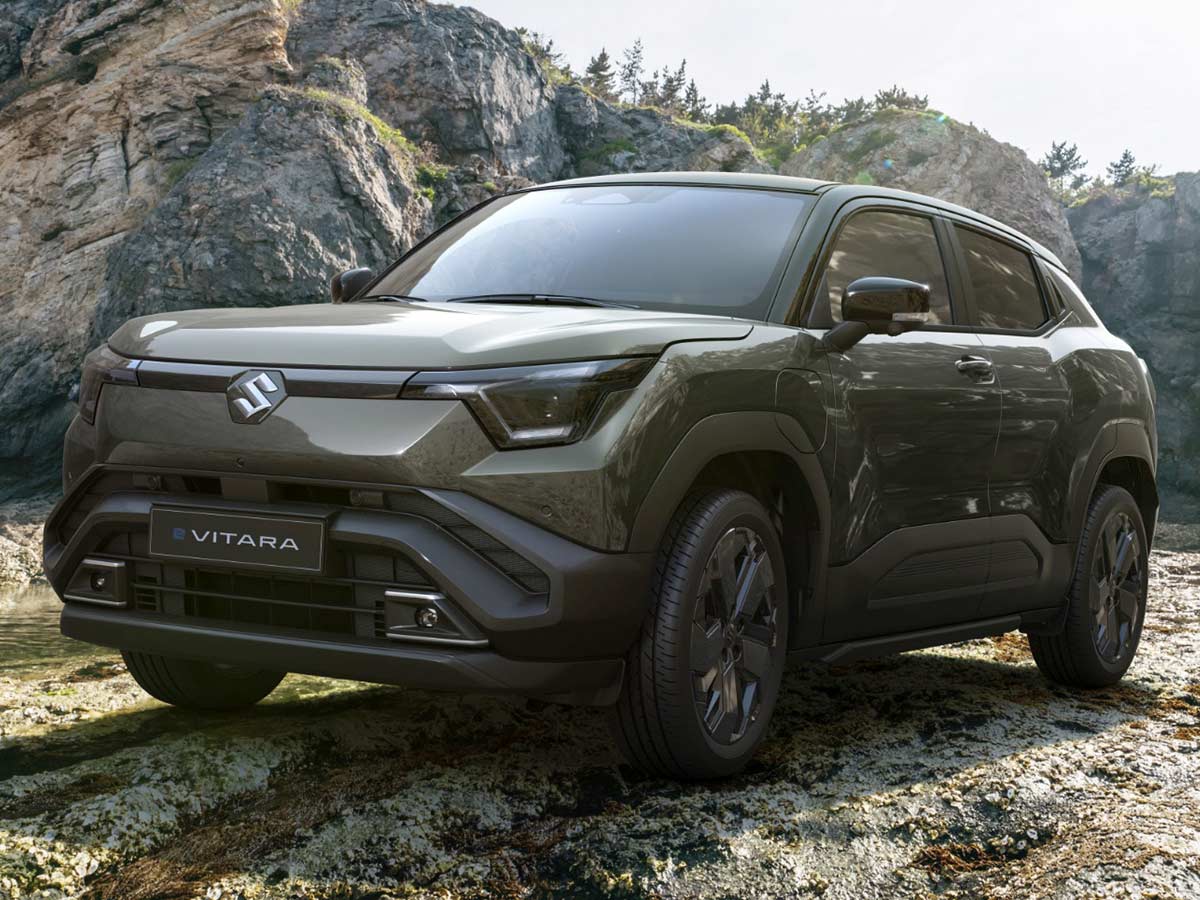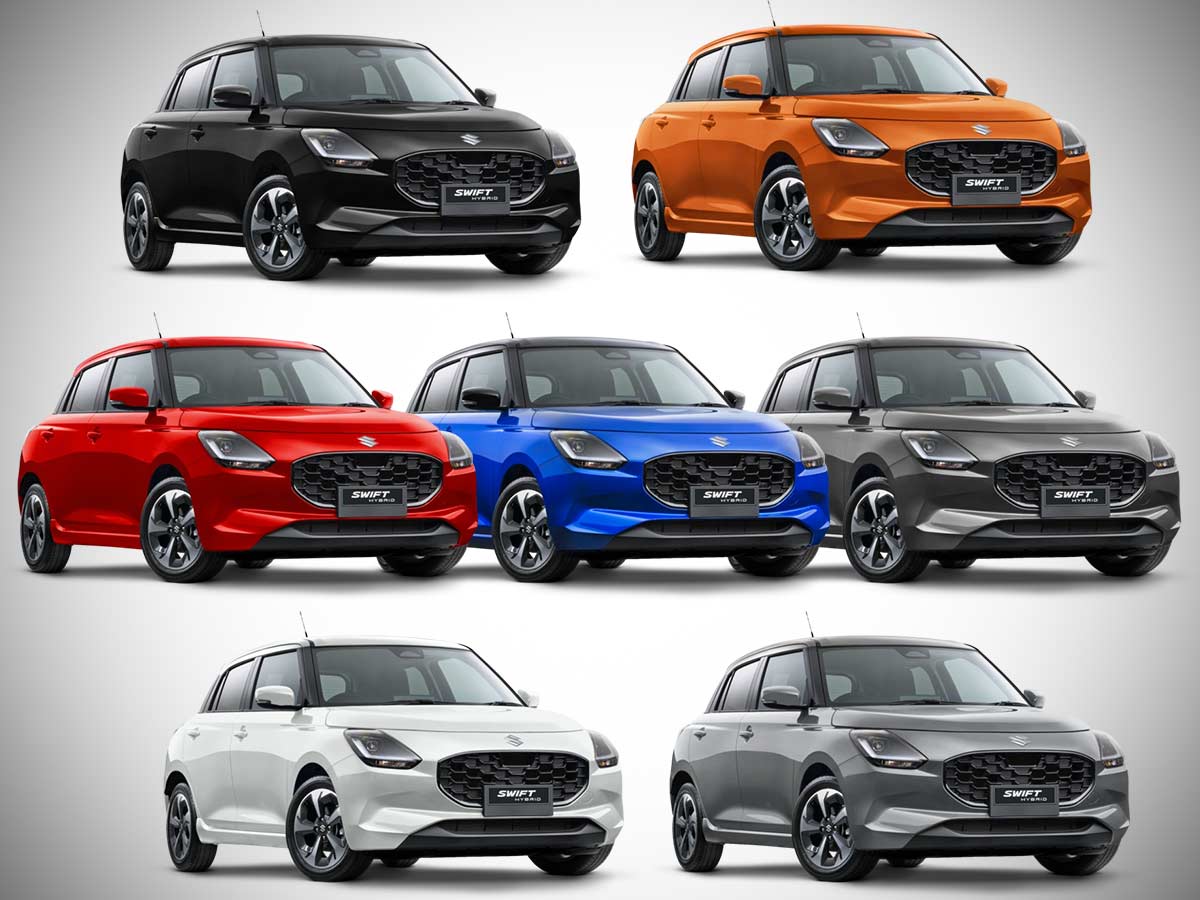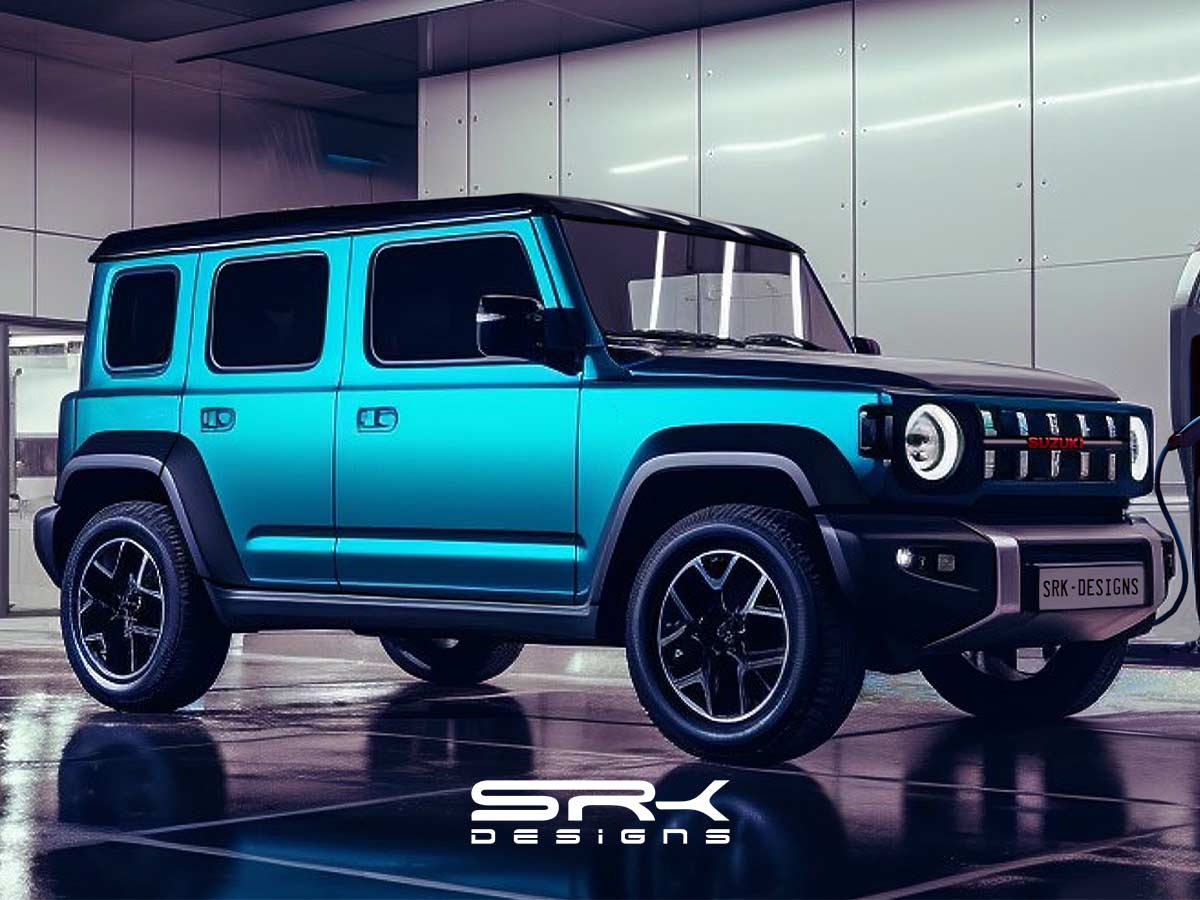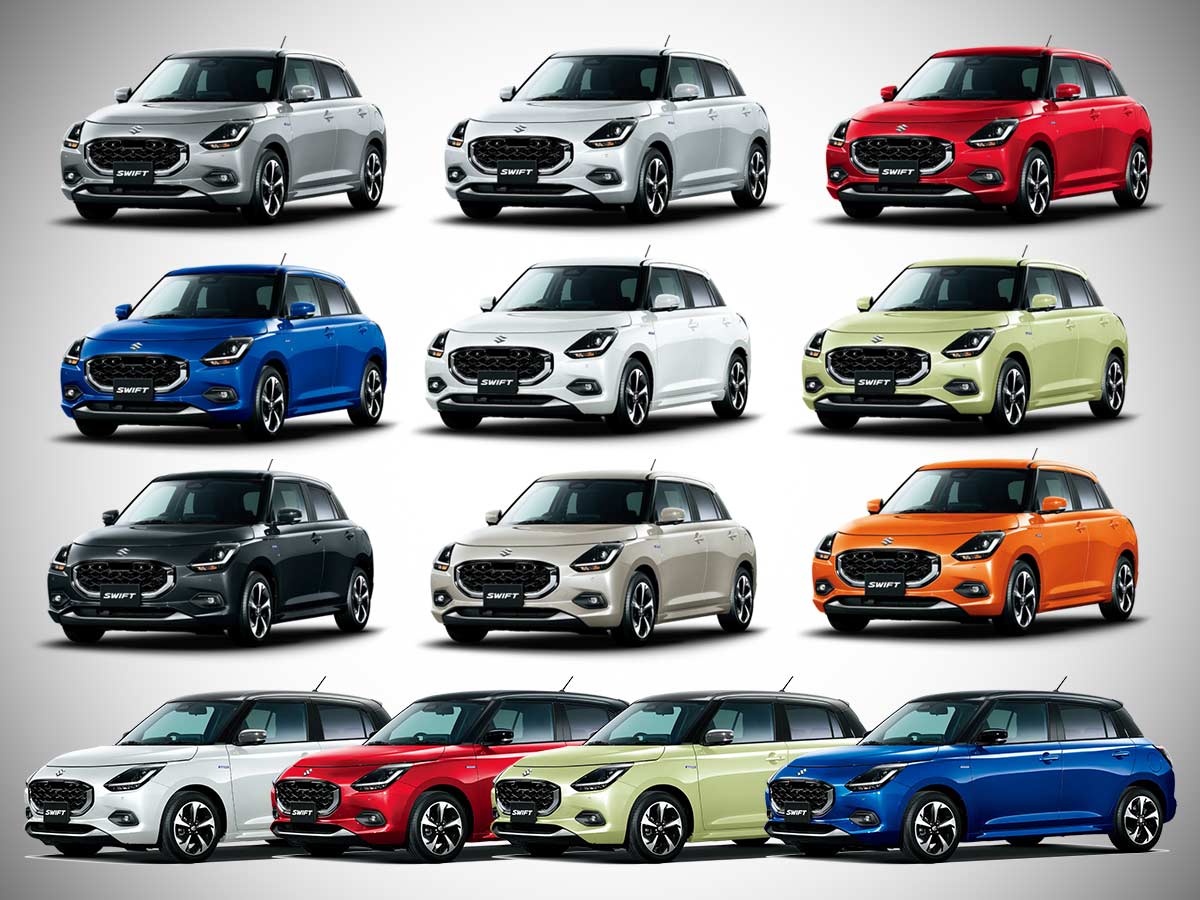Suzuki Motor Corporation, a leader in automotive innovation, has outlined a comprehensive technology strategy to achieve carbon neutrality by 2050. At the core of this strategy is the company’s unique philosophy of “Sho-Sho-Kei-Tan-Bi” (Smaller, Fewer, Lighter, Shorter, Beauty), which drives the development of energy-efficient and environmentally friendly vehicles.

The Philosophy of Sho-Sho-Kei-Tan-Bi
One of the most profound aspects of Sho-Sho-Kei-Tan-Bi is the concept of “lightness.” The Japanese kanji character for “light” (軽) tells a fascinating story. Originally a combination of pictograms for “car” and “a straight, strong vertical thread,” it symbolized a car charging forward with unwavering purpose. Over time, the meaning evolved to encompass not just physical weight, but also nimbleness and agility – a car that maneuvers effortlessly.
Key Strategies and Innovations
Suzuki’s technology strategy to achieve carbon neutrality encompasses a range of innovative initiatives designed to improve vehicle performance while reducing environmental impact:
- Light-weight and Safety Body: Suzuki has developed the HEARTECT platform, which uses lightweight materials to improve both safety and fuel efficiency. This platform is a cornerstone of Suzuki’s efforts to reduce vehicle weight and energy consumption.
- Lean-Battery BEV/HEV: By optimizing battery technology, Suzuki aims to reduce the weight of batteries used in electric and hybrid vehicles, thereby enhancing their range and efficiency. This initiative also includes the development of smaller, more efficient battery systems.
- SDV Right: Suzuki’s SDV (Software Defined Vehicle) initiative focuses on creating value through affordable systems that cater to customer needs while maintaining environmental responsibility. This includes the integration of advanced software to optimize vehicle performance and energy use.
- Easy Recyclability and Disassembly Design: Designing vehicles for easy disassembly and recycling is a key part of Suzuki’s strategy. This approach supports a circular economy by ensuring that materials can be reused, reducing waste and environmental impact.
- High-Efficiency ICE/CNF Technology: Suzuki is developing internal combustion engines (ICEs) that can use carbon-neutral fuels (CNFs), reducing the reliance on fossil fuels and lowering CO2 emissions. This technology is particularly important for regions where electric vehicle infrastructure is still developing.





Regional Strategies for Global Impact
Suzuki’s approach to achieving carbon neutrality varies by region, taking into account local power generation mixes and infrastructure:
- Europe: With a high adoption rate of electric vehicles (EVs), Suzuki focuses on maximizing EV efficiency and integrating renewable energy sources into the charging infrastructure.
- Japan: Given the balanced energy mix in Japan, Suzuki is advancing both hybrid electric vehicles (HEVs) and ICEs with carbon-neutral fuels, ensuring a diverse range of sustainable mobility options.
- India: In India, where energy infrastructure is still evolving, Suzuki is prioritizing the development of affordable and efficient hybrid vehicles, while also exploring opportunities for integrating carbon-neutral fuels.
Milestones and Future Goals
Suzuki has set a clear roadmap to achieve its carbon neutrality goals:
- 2030: By 2030, Suzuki aims to significantly reduce CO2 emissions from new vehicles and manufacturing processes. This includes increasing the share of electric and hybrid vehicles in its lineup and optimizing manufacturing efficiency.
- 2050: By 2050, Suzuki plans to achieve full carbon neutrality, encompassing all aspects of its operations, from vehicle production to end-of-life recycling.


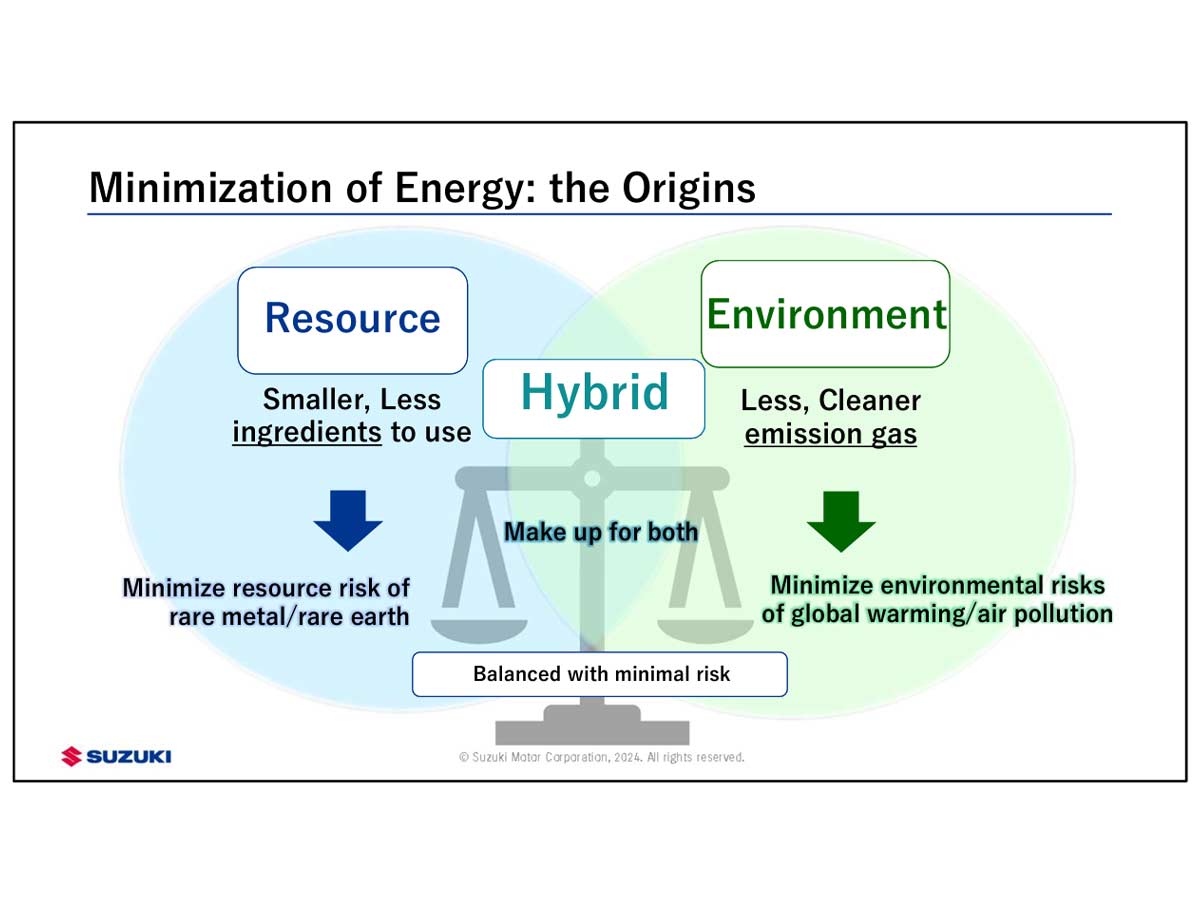





Collaborative Efforts and Industry Leadership
Suzuki recognizes that achieving carbon neutrality requires collaboration across the industry. The company is actively working with suppliers, partners, and governments to develop and implement sustainable technologies and practices. This includes participating in industry-wide initiatives and setting new standards for environmental responsibility.
Commitment to Innovation and Sustainability
Suzuki’s commitment to minimizing energy consumption and achieving carbon neutrality is evident in its continuous efforts to innovate and improve. The company’s strategies not only align with global sustainability goals but also promise to provide consumers with vehicles that are efficient, safe, and enjoyable to drive.
As Suzuki continues to push the boundaries of automotive technology, it remains dedicated to its mission of delivering the joy of mobility while protecting the environment. The journey towards a carbon-neutral future is challenging, but with its robust strategy and unwavering commitment, Suzuki is well-positioned to lead the way.
Source: Suzuki






